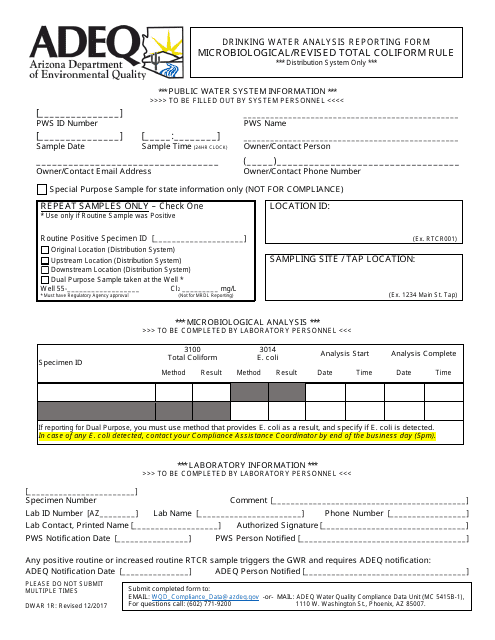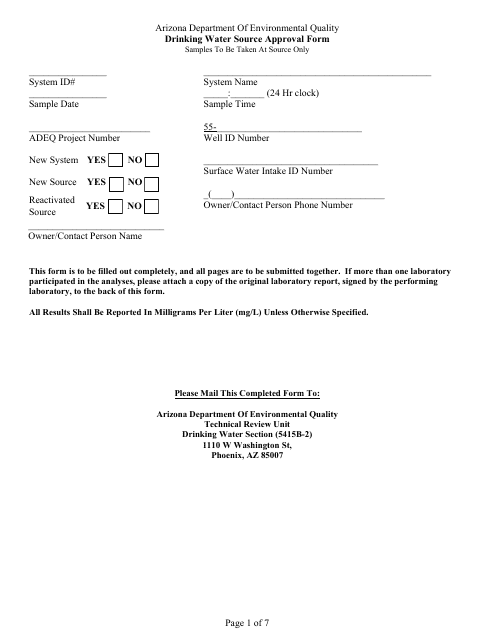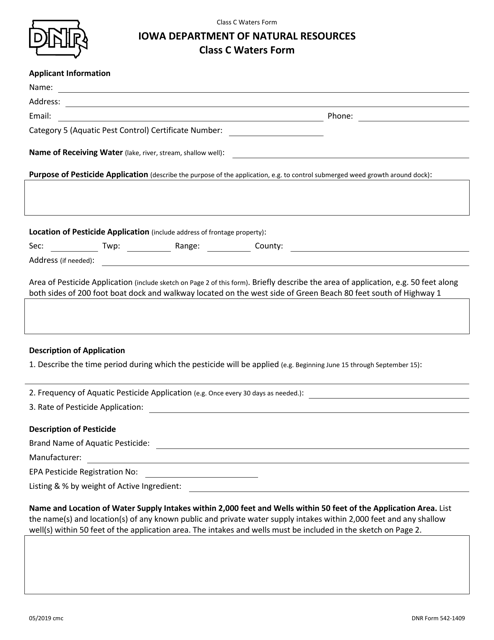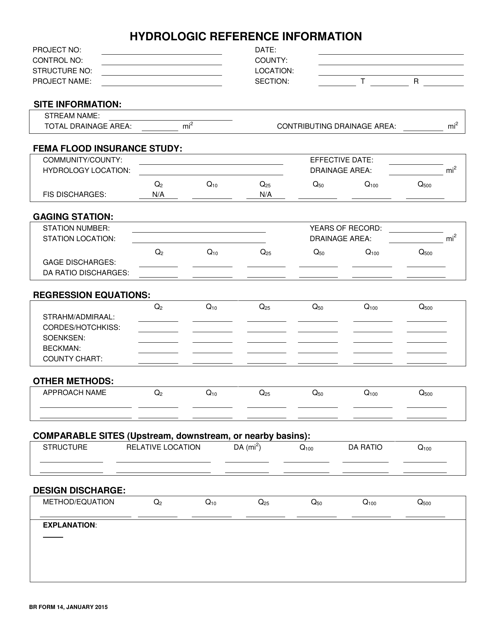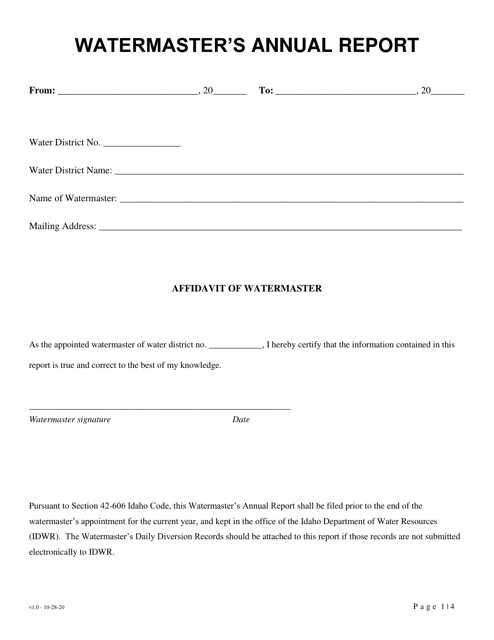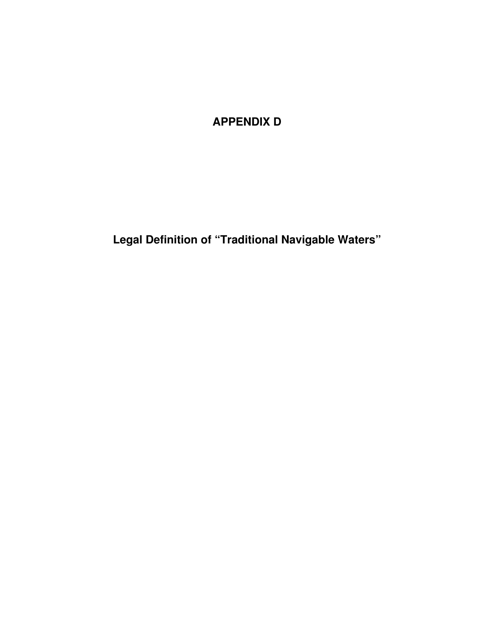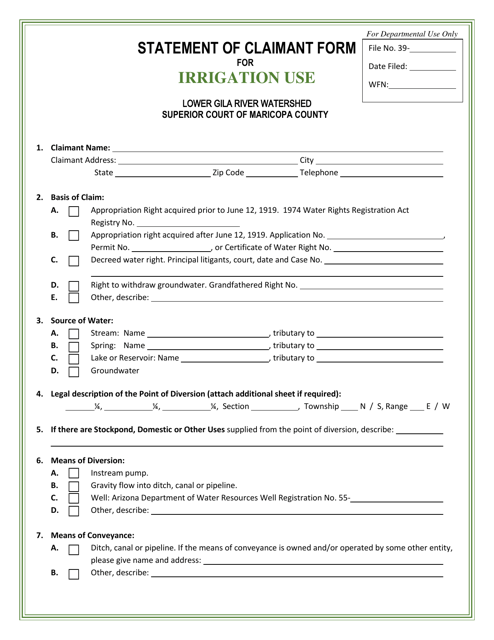Water Legislation Templates
Water is a precious resource that needs to be managed and protected for the benefit of present and future generations. To ensure the responsible use and conservation of water, governments have established comprehensive legal frameworks known as water legislation. These sets of laws and regulations are designed to govern various aspects of water management, allocation, and protection.
Water legislation, also referred to as water laws or water regulations, play a crucial role in safeguarding water resources and ensuring their sustainable use. These documents outline the rights and responsibilities of various stakeholders, such as individuals, businesses, and government agencies, in relation to water usage and allocation.
Water legislation covers a wide range of topics, including water quality standards, water rights, permits and licensing, water allocation frameworks, and environmental protection measures. These laws aim to strike a balance between meeting the diverse needs of water users, such as agriculture, industry, and domestic supply, while also protecting the integrity and ecological health of water bodies.
By establishing clear guidelines and procedures, water legislation provides a framework for resolving conflicts related to water use and allocation. It ensures that decisions regarding water management are based on scientific evidence, stakeholder input, and environmental considerations.
Governments at different levels, including federal, state, and local authorities, have their own water legislation tailored to the specific needs and challenges of their jurisdiction. These documents may include forms and reporting requirements, such as drinking water analysis reporting forms, hydrologic reference information, or irrigation claimant forms, depending on the specific context.
In summary, water legislation is a comprehensive and vital legal framework that governs water management and protection. These documents ensure the sustainable use of water resources while balancing the needs of different users and protecting the environment.
Documents:
7
This form is used for reporting microbiological testing results for drinking water in Arizona as required by the Revised Total Coliform Rule.
This Form is used for obtaining approval for a drinking water source in Arizona.
This document is used for applying for a Class C Waters permit in Iowa.
This form is used for obtaining hydrologic reference information in the state of Nebraska. It provides data related to the water resources in the area.
This document is an annual report from the Watermaster's office in Idaho. It provides important information about the management and allocation of water resources in the state.
This document provides the legal definition of "traditional navigable waters".
This Form is used for making a claim related to the irrigation use in the Lower Gila River Watershed in Arizona.

